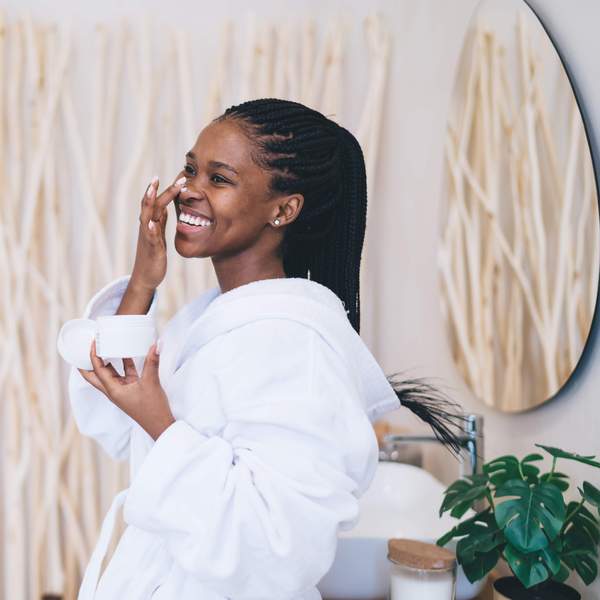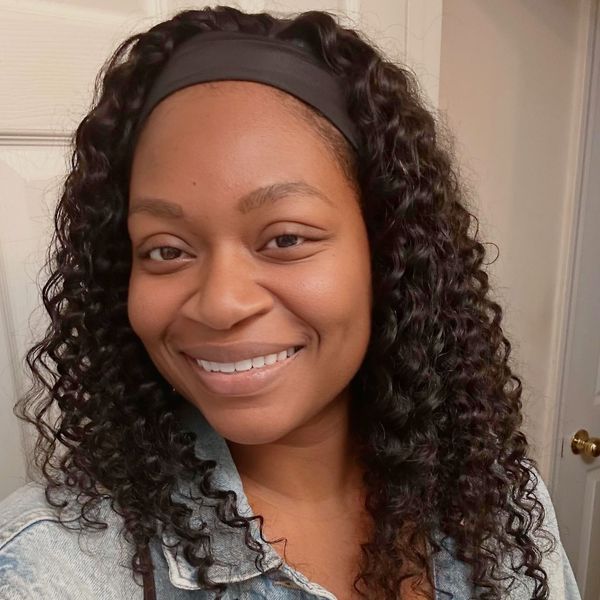Why is it that many of us have our hair, nails outfit, and makeup game on point but our skincare routine is close to nonexistent? Unfortunately, many of our mothers, grandmothers and aunts instilled in us that black don't crack as they greased our faces with vaseline and sent us on our merry way!
While the rich melanin we posses does in fact cause our skin to naturally age slower, we still need to protect it! Here are ten reasons why your skincare routine or lack thereof is simply not working for you!
1. You aren't exfoliating.
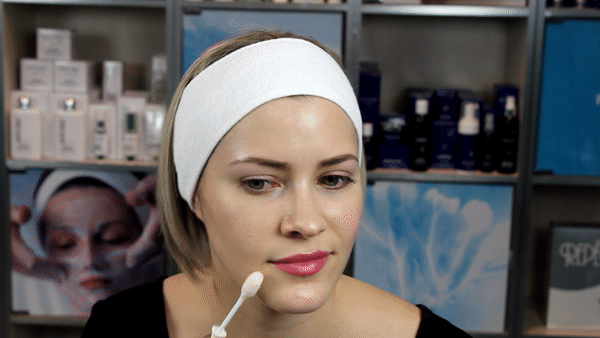
Exfoliating is the process of removing dead skin cells from the top layer of your skin. Many women simply wash their faces, then pile makeup on top of dead, dry and flaking skin. Removing dead skin is important because it makes way for newer, healthier skin to come through and gives the skin an overall more beautiful, clean appearance. As we age, our skin cells don't rejuvenate as often making it even more imperative to remove that old nasty dead skin. Exfoliating should be done anywhere from 1 to 3 times a week. Invest in a good scrub or brush and start exfoliating today!
2. You don't regularly change your pillowcases.
How often do you change your pillowcases? Do you see grease stains on your pillowcase in the morning? Sweat, dirt, grind, makeup, dead skin and bacteria all love making a pillowcase their home. If you are sleeping on a dirty pillowcase, guess where all of those things are going to. Your face! You should be changing your pillowcase at the very minimum of once a week, if not more. You should have spare pillowcases in between wash days so that you change it as needed.
3. You aren't washing your makeup off before bed.
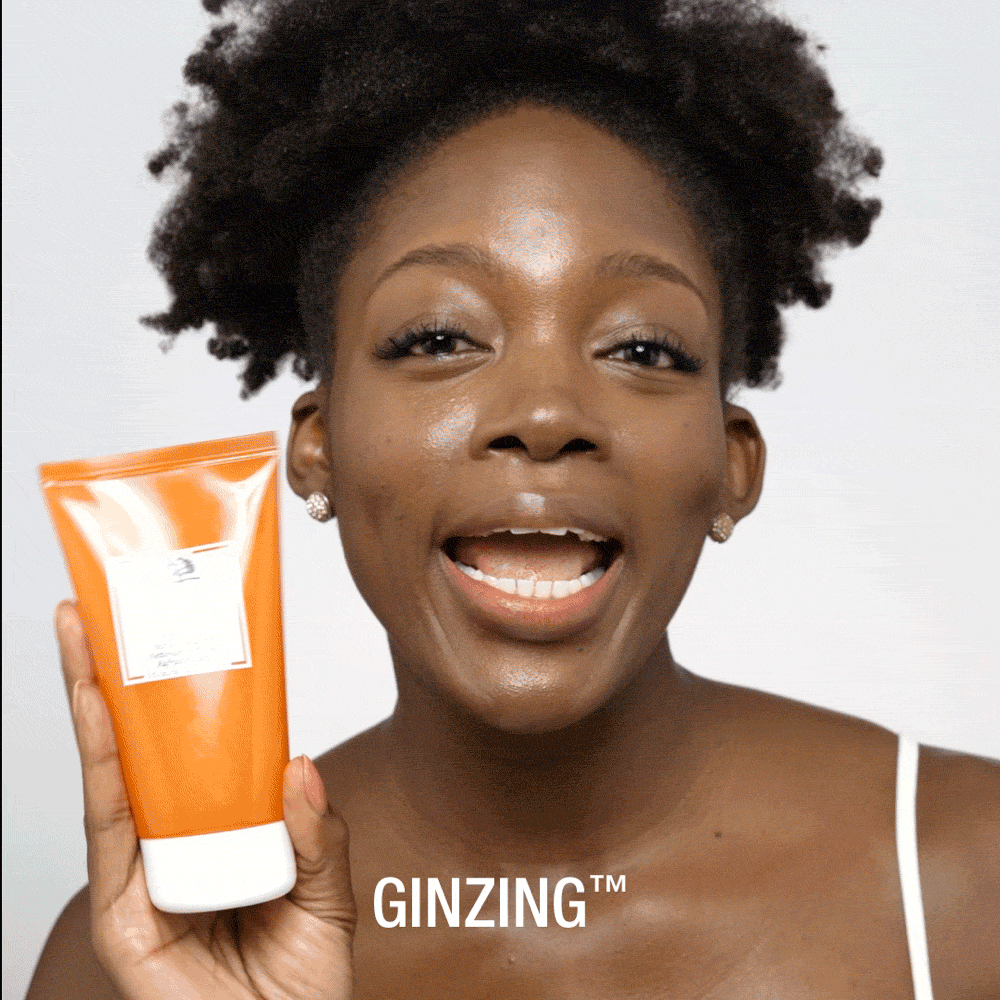
You absolutely have to wash your makeup off before bed every single night! Our skin absorbs what we put on it. If you are going to sleep with makeup on, it's getting under your skin. Do you ever wonder why your skin appears blotchy, you get frequent breakouts, or dark circles often? It could definitely be due to you not washing your makeup off before bed. Purchase makeup removal wipes for nights you are dead tired and can't seem to make it to the sink. For most nights however, you should be washing your makeup off thoroughly before going to bed, then applying a moisturizer.
4. You don't moisturize your skin.
Some women don't apply moisturizer because their skin is naturally oily and they don't want to appear greasy, others simply never knew that it was a necessity so never bothered with it. If your skin is oily, you still need moisturizer. Sometimes skin produces excess oil because it thinks you need it. Applying moisturizer helps to regulate the amount of oil our skin produces. If your skin is dry, your body is not producing enough oil and you need moisturizer to keep your skin soft and supple. Find a moisturizer that works best for your skin type and use it regularly, especially before your makeup application so you can have a smooth flawless finish.
5. You have never seen a dermatologist.
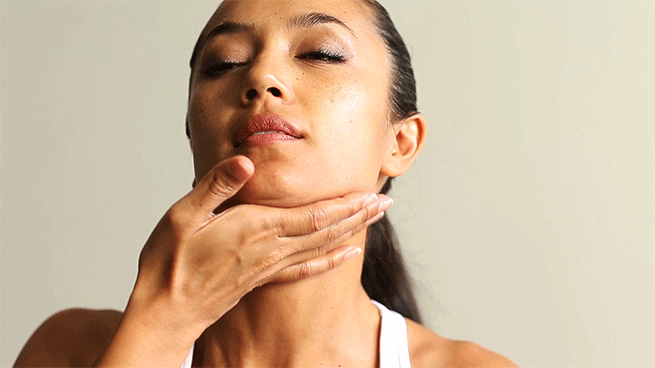
When you are sick, you go to a doctor, right? When you have a toothache, you go to the dentist. You have annual exams with your gynecologist. Why don't you see a dermatologist when your skin is going haywire? Skin is the largest organ of the integumentary system. Your skin plays a major role in protecting you against loss of water and harmful pathogens in the environment, so why aren't you letting an expert assist you with it? Anytime you have a skin issue, whether it is a skin tag, discoloration, persistent acne, rash, whatever, you need to see an expert. Sometimes Google simply isn't enough. Have your doctor recommend a great dermatologist to help you tackle any skin issues you may have.
6. You have no clue what an esthetician is.
I'm guilty of this. I had no clue what an esthetician was, until I decided I wanted to go to school for skincare and became one. An esthetician is a professional who specializes in skin and skincare. Licensed estheticians give facials including; chemical peels, microdermabrasion, LED Facials, oxygen treatments and more. It is recommended to see an esthetician once a month when you are first starting off until you have a handle on your skincare routine and then as needed. Estheticians are able to expertly determine the type of skin you have and what products are needed to ensure your skin is at its absolute best.
7. You are using the wrong products.
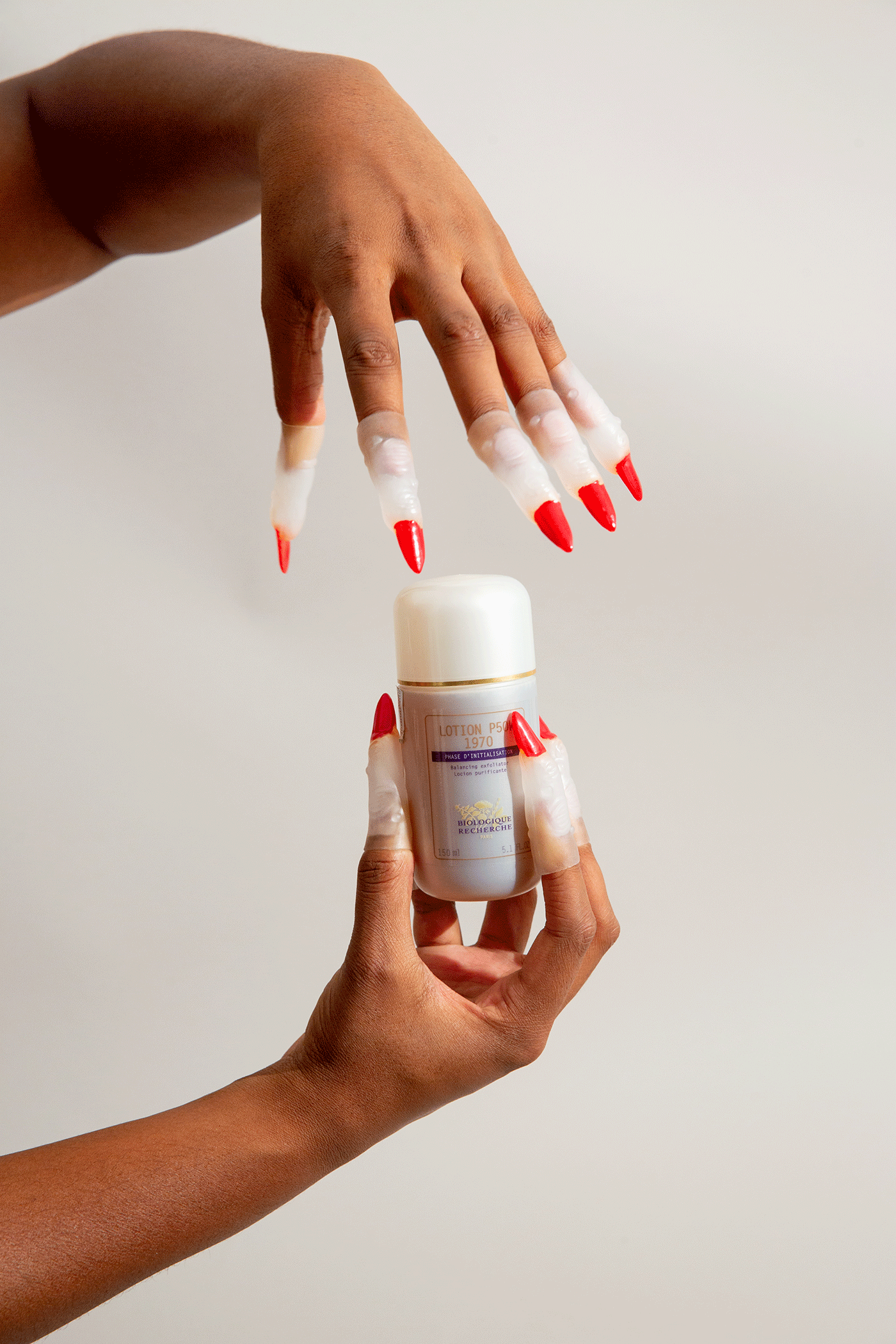
manrepeller-wpengine.netdna-ssl.com
It's easy to run into Walgreens and grab the first facial cleanser we see but is that really what our skin needs? Everyone's skin is unique and what works for you may not work for the next person. It's important to know whether your skin is oily, dry, combination, breakout-prone, aging, etc to know what is going to work best for you.
8. You aren't extracting.
Extracting is the removal of blackheads. Blackheads can occur when dirt and oil become trapped under the skin's surface. You can purchase an actual extractor at Sally's or your local beauty store, or you can use q-tips to extract as well. Steaming your face first opens up pores for easy extractions. Never extract an actual pimple or whitehead as it could leave scarring. Only blackheads should be extracted. If you don't feel comfortable doing it yourself, see an esthetician for a facial and analysis and advise them of the areas where you are prone to blackheads.
9. You aren't drinking enough water.

Water helps skin to maintain a healthy appearance as well as keeps skin moisturized and youthful looking. If you notice consistent dryness in your skin, it could be because you are either using products that are too harsh or drying for your skin, or not drinking enough water. If you aren't taking care of your body on the inside, there isn't much you can do on the outside that will help.
10. You are eating bad foods/drinking too much alcohol.
Alcohol is drying. If you notice that you have a lot of dryness in the space in between your eyes, it most likely is due to dehydration. Dehydration can be caused by excessive alcohol intake or lack of water intake. Limiting your alcohol usage can help your skin look and feel better. If you are eating tons of meat, junk food and processed foods you could be experiencing dull, dry breakout-prone skin. Eating fresh fruits and vegetables not only helps you to look amazing physique-wise, it also plays an important part in keeping your skin looking great! Add more fresh fruits, vegetables and water to your diet and cut back on the unnecessary foods and drinks, your skin, body and overall health will greatly benefit!
Featured image by Getty Images
Want more stories like this? Sign up for our newsletter here to receive our latest articles and news straight to your inbox.
- 8 Reasons You Should Get A Facial Regularly - xoNecole: Women's Interest, Love, Wellness, Beauty ›
- The Best Skincare Routine For Your 30s - xoNecole: Women's Interest, Love, Wellness, Beauty ›
- Here's the Best Way to Wash Your Body - xoNecole: Women's Interest, Love, Wellness, Beauty ›
- 10 Signs That Your Skin Care Routine Isn't Working For You ›
- 12 Reasons Your Skincare Regimen No Longer Works | You're ... ›
- What to Do When Your Skin Care Stops Working ›
- Why is my skincare routine not working? | Clinic in Knightsbridge ›
- How to know if your skincare routine is working | Well+Good ›
- Why Your Skin Care Routine Isn't Working - Skincare Tips And tricks ... ›
- 5 Reasons Why Your Skincare Isn't Working – Beautiful With Brains ›
- Is Your Skincare Routine Working? | Paula's Choice ›




